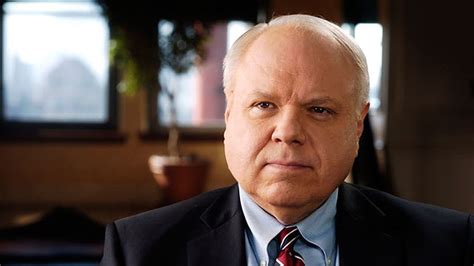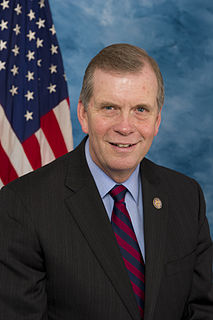A Quote by Andrew Yang
There is, happily, a non-redistributive approach to address income inequality - one that doesn't rely upon government. It's to grow the pie. That is, create more decent jobs that pay more.
Related Quotes
The growing inequality of wealth and income distribution is both a moral and economic problem. If the wealthy are unwilling to pay more taxes, then this is going to lead to spending cuts. And if you put off the table things like national defense, then you're going to end up cutting more and more out of programs that aid the poor. So, I think there are consequences to this idea that tolerance for inequality requires us to - to just do nothing to make the wealthy contribute a higher share of resources to fund the government.
This is what income inequality means in America, and why the gap between the very rich and everyone else is growing wider. According to a recent study, CEO pay is now 295 times more than the pay of a typical worker. In 1965, the differential was 20 times. We must create an economy that works for all, not just the top 1%.
Most employers I speak to, they want to create jobs and give decent salaries. Some small and medium companies say to me they cannot afford to pay the living wage. I say "what about if I gave you a business rate cut?" and they say, yes, ok. We want companies which are skilled up, generating more profit, more corporation tax - we should not be embarrassed at success, as long as they pay their taxes.
There's nothing wrong with the Democratic Party that talks more about - and more loudly about - jobs, and cutting red tape, and bureaucracy, making it easier for entrepreneurs to start jobs, making it easier for businesses to grow and create more jobs. That has historically been the wheelhouse of the Democratic Party.


































